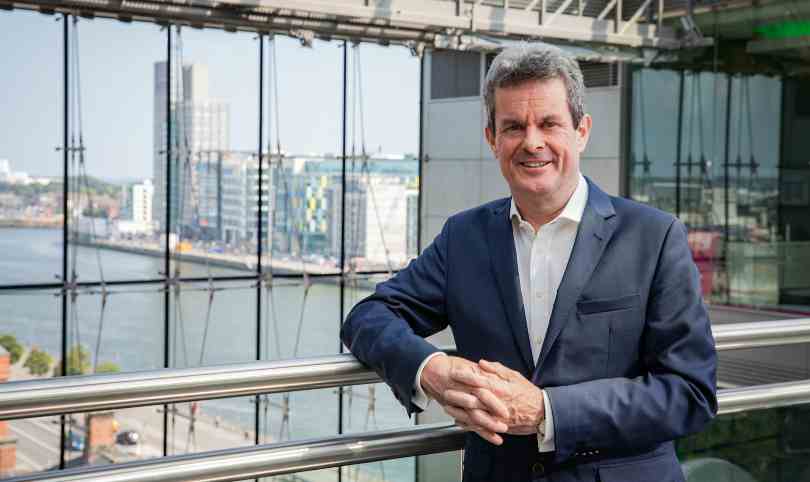A PwC survey has found that one in two chief executives of corporates in Ireland expect a decline in the country’s economic growth in 2023, though they are confident of pushing up their company turnover.
PwC surveyed 87 Irish CEOs as part of its global CEO Survey in October and November 2022.
CEOs in Ireland are more upbeat on Ireland’s economy than global CEOs are about the global economy.
Inflation (38%), macroeconomic volatility (26%) and geopolitical conflict (22%) are the main concerns, according to the small corner office sample.
Four out of five respondents said job cuts are not yet on their agenda, while thee out of four said they have completed or are in the process of developing a strategy for reducing emissions and mitigating climate risks.
Feargal O’Rourke, managing partner, PwC Ireland, said: “While there are headwinds, Ireland’s economy remains in a good position. With strong fiscal returns, continued foreign direct investment flows, a thriving export sector, high employment levels and indications that inflation may be easing, there are solid reasons why Irish CEOs have a more positive outlook than many of their global peers.
“For business leaders, striking the right balance between mitigating immediate threats and reinventing their businesses for the future will be a key ingredient for sustainable business growth.”
Ciarán Kelly, PwC advisory leader, added: “The risks facing organisations and society today cannot be addressed in isolation. CEOs must therefore continue to collaborate with a wide range of public and private sector stakeholders to effectively mitigate those risks, build trust and generate long term value.”

In a separate survey, accountancy firm HLB canvassed the views of 575 business leaders across 60 countries and a range of industry backgrounds between September and November 2022.
Key findings include:
- 82% see inflation as the top risk to business with 35% naming talent acquisition as the primary weakness they need to improve this year.
- 52% plan to accelerate new technology adoption to improve workforce productivity. Respondents identified AI (50%), cloud (47%), and renewable energy technologies (40%) as the most important for businesses over the next five years.
- 62% of respondents said they anticipate cyber security risks will rise in the coming years.
- Almost half of business leaders are focusing on operational efficiencies while at the same time investing to innovate and grow.
- Flexibility is seen as the top leadership behaviour in times of crisis, followed by integrity and accountability.
- Half the respondents said they are rethinking their ESG responsibilities but there is still a way to go for business leaders to embrace the opportunities of effective ESG.
Mark Butler, managing partner at HLB Ireland, commented: “The pandemic coupled with the knock-on effects of the war in Ukraine has challenged the resilience and agility of companies, with many having to swiftly adapt their strategy, business model and ways of working.
“The role of technology is key for ambitious businesses, who are increasingly concerned about the threat cyber security poses to their reputation, operations, and supply chains.
“In addition to agility, the leaders surveyed identified three key attributes for the future: flexibility, integrity, and accountability.”
Butler added: “What is clear from the research is that stakeholders demand that a company guides the way forward with a flexible mindset based on a clearly defined purpose and a strong emphasis on ESG matters.”











